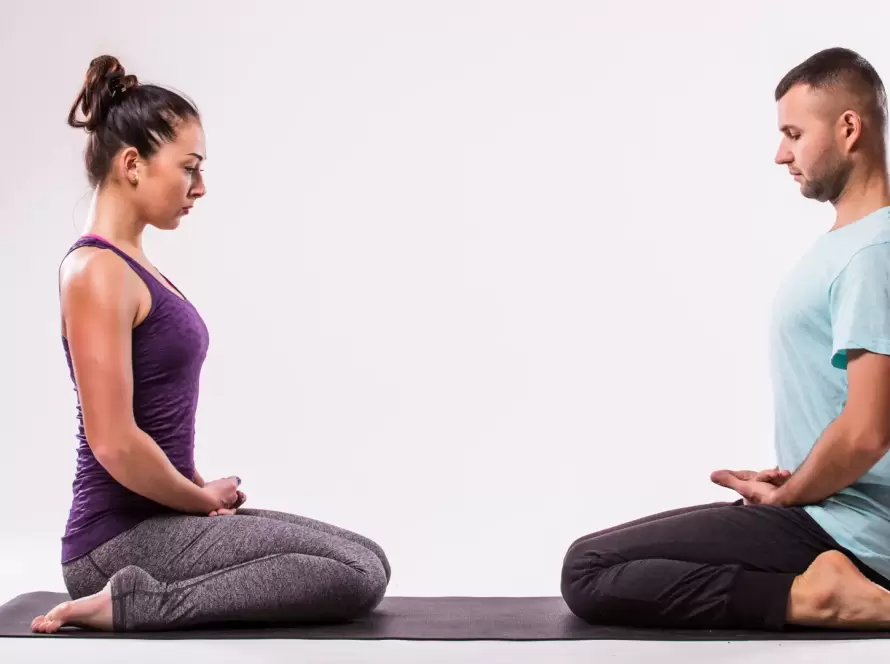How Social Media Impacts Your Mental Health and How to Protect Yourself
Have you ever come across a personality test on Instagram or another social media platform? You know, the ones that claim to reveal your “true self” based on a few quick answers? Or perhaps you’ve seen viral trends where people categorize themselves or others using labels like “red flag,” “trauma response,” or “introvert energy.” While these trends can be fun, they also highlight an important issue—how social media shapes our understanding of ourselves and others, often in ways we don’t realize.
The Double-Edged Sword of Social Media
Social media connects us, entertains us, and keeps us updated with the world. But it also influences our thoughts, emotions, and self-perception in ways that can affect our mental well-being. When we constantly consume content that oversimplifies complex psychological concepts or encourages comparison, it can lead to stress, anxiety, and even self-doubt.
The Casual Use of Serious Terms
Terms like “trauma,” “depression,” and “narcissist” are being thrown around casually on social media. While mental health awareness is important, the overuse and misinterpretation of these words can be misleading. Someone being moody doesn’t mean they have depression, and setting boundaries doesn’t always mean someone is “toxic.” This casual labeling can distort genuine mental health struggles and make people misunderstand their own emotions.
The Influence of Viral Labels
“Red flags,” “ghosting,” “gaslighting”—social media has turned psychological concepts into buzzwords. While these terms help people identify unhealthy behaviors, they also sometimes create unnecessary fear and judgment. Just because someone prefers alone time doesn’t mean they’re emotionally unavailable. Overgeneralization can lead to misunderstandings and make people question healthy relationships.
Comparison Culture and the “Perfect Life” Illusion
Social media often showcases highlight reels rather than real life. Seeing influencers travel, succeed, or look flawless can make us feel like we’re falling behind. This constant comparison can trigger low self-esteem, anxiety, and even depressive thoughts. We forget that behind every perfect picture, there’s editing, filters, and unseen struggles.
How to Protect Your Mental Health on Social Media
Be Mindful of What You Consume: Follow accounts that make you feel good, educate you, or inspire positivity. Unfollow pages that trigger negative thoughts or comparison.
Think Critically About Viral Trends: Before diagnosing yourself or others based on social media trends, take a step back. Mental health is complex, and it’s always best to seek professional advice.
Limit Your Screen Time: Spending too much time scrolling can affect your focus and mood. Try setting time limits or taking social media breaks.
Engage in Real-Life Connections: While online interactions are great, nothing beats real-life conversations with friends and loved ones.
Practice Digital Detox: Take a step back from social media when it starts feeling overwhelming. Engage in activities that ground you, like reading, journaling, or spending time outdoors.
Conclusion
Social media is a powerful tool, but like anything, it’s all about balance. By being mindful of the content we consume and how it affects us, we can create a healthier relationship with social media. So the next time you come across a viral trend or a personality test, take it with a grain of salt—your well-being is worth more than a social media label.



